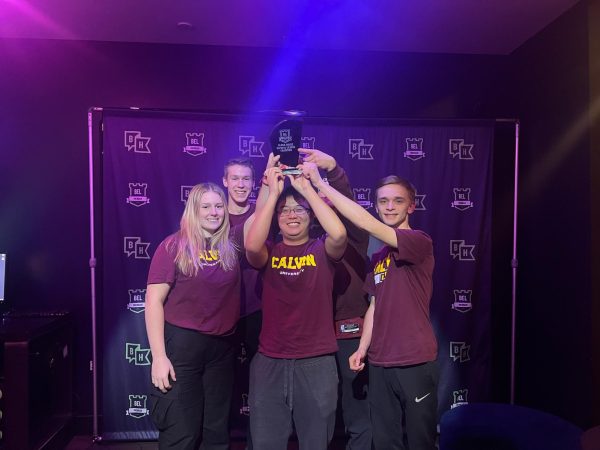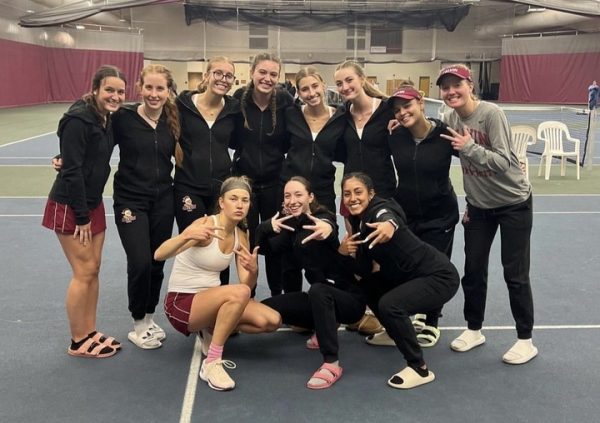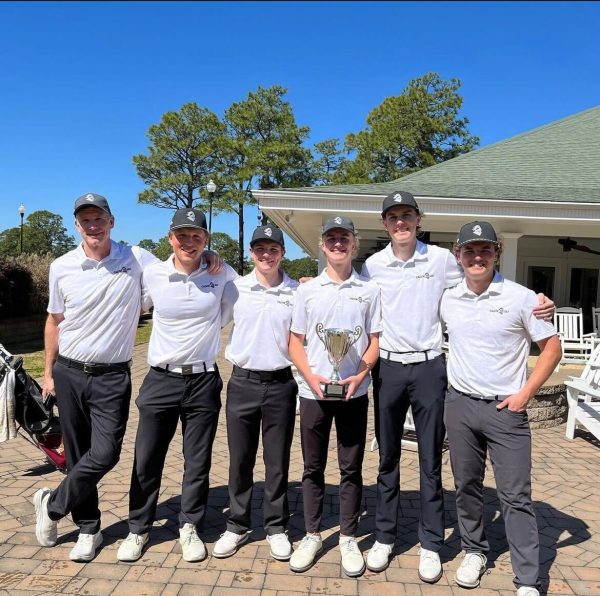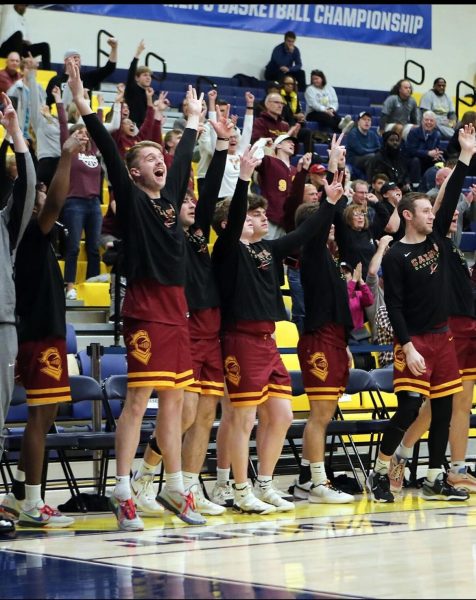Berglund gives talk about hockey research
The History department’s October colloquium featured professor Bruce Berglund’s hockey research on Oct. 18. In an hour-long lecture, Berglund presented on the political and economical significance of the 1980 Olympics at Lake Placid.
In February 1980, U.S. Olympic hockey team beat the Soviet Union and continued on to beat Finland for the Olympic Gold Medal.
Just at the start of a year-long research process, Berglund presented open-ended interpretations of the event based on recently collected material. Berglund argued that if the same athletes in the 80s played in today’s Olympics, they would be less successful because hockey is no longer an amateur sport. He also presented findings to show how the high costs of training and travel have transformed hockey from a blue collar sport to a white collar one.
Kelly Looman, Berglund’s research assistant for three weeks this summer, was excited to hear how his conclusions related to her research findings. For her research, she visited Lansing to examine microfilms for historic climate information and the significance of hockey as a historical social event. Looman also transcribed interviews and looked at international statistics on where players in leagues like the NHL have come from and who they are playing for now.
A Minnesota native, Berglund described what he called his “individual sporting biography” to an audience of students, friends and department faculty. He recounted opening a white hockey jersey for Christmas in 1980 after the U.S. Olympic victory.
“My joy had barely diminished since the game in February,” Berglund said. “No one in my neighborhood had a jersey like that, and I wore it with pride.”
Berglund discussed how in 1924 Olympic skaters came from amateur clubs in eight countries from North America and Europe. Looking at trends of amateur and professional teams in North America, he found that many leagues appeared and folded regularly due to low crowd turn-out and finances. It would not be until 1998 that NHL athletes would play on Olympic teams.
This transition from amateur to professional occured in 1956 after the Soviets won the gold medal for the first time and continued to win until 1980.
Implementing a scheme already devised by soccer clubs in Europe, the Soviets recruited young athletes “to clubs that were affiliated with state-run enterprises, with the state police, or with the military” so that these athletes would seem to be amateurs with jobs but in reality be dedicated to full-time hockey training and competition.
Bergland will continue researching the history of world hockey with a Fulbright Global Scholar grant in 2018.







